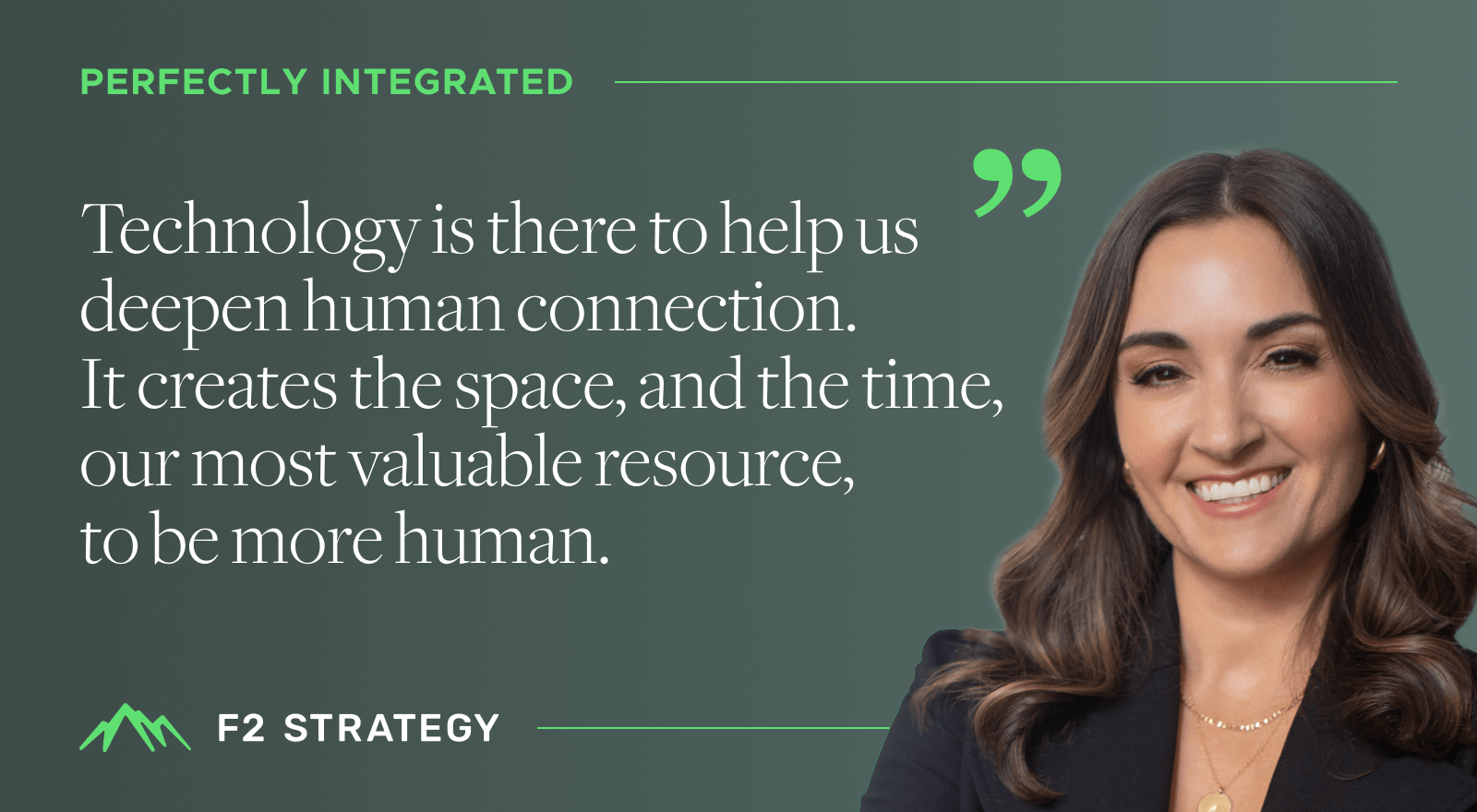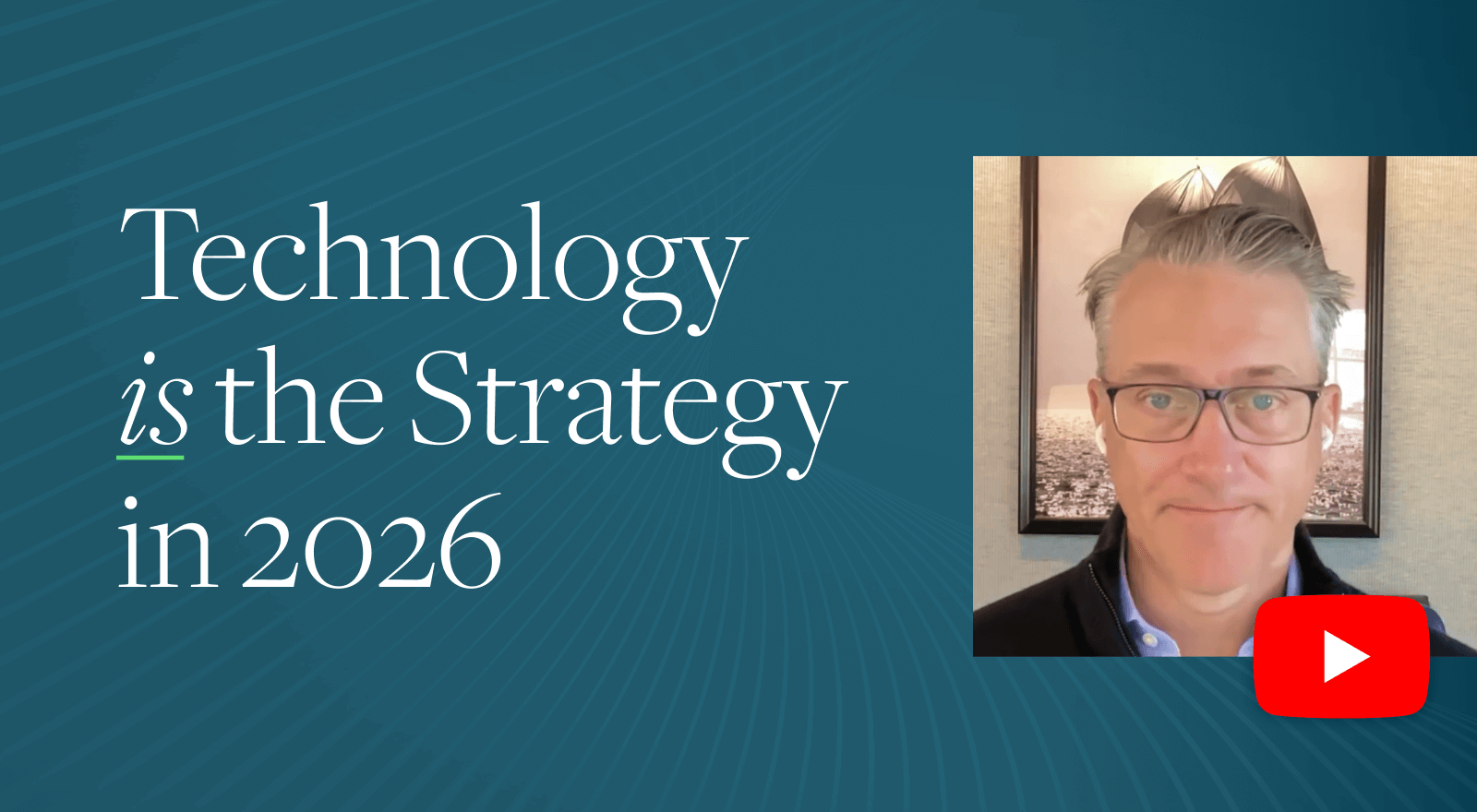
The wealth management industry is sorting out how to achieve balance between the way business has always been done and what its customers and employees want today. And that means building and growing a remote or hybrid company is a hot topic now. For us, however, these ideas are nothing new. As a fully remote organization founded in 2016 (four years before the pandemic hit) we thought hard and intentionally about building and empowering the F2 Strategy team with a modern workplace before it was headline news. That early work paid off, positioning us to grow the firm rapidly when the moment arose.
In a competitive market, using culture of remote and hybrid helps companies attract and retain top talent, increase productivity and protect employee’s well-being. As wealth management evolves their firms into modern workplaces, here are three major concepts leaders in wealth management should address going forward: The Power of Purpose, Work/Life Fluidity, and Elevating with Tools.
Power of Purpose
Doug and I have always felt passionately about doing good with technology. We structured our firm in a way that aligned with our passion for supporting, elevating and empowering our clients, our team members and our industry. As the industry’s appetite for technology exploded, F2 Strategy grew rapidly and we had to commit to our planning. It was important for us to practice what we preach and do the work to define our mission and core guiding values that serve as the backbone of a work environment that would attract and retain the best experts in the industry.
COVID and the state of the world has led to a workforce that is more aware of the value and meaning of their work than ever before. At the heart of our mission are creative and passionate humans, problem-solvers and listeners, strategists and doers. We believe that the firms that define and communicate their mission and guiding values will win in key areas – hiring passionate talent, building efficient workforce tools, and gaining fruitful client relationships.
To emphasize purpose in company culture, leadership should lead with firm values. Doug and I - and our leadership team - practice our guiding principles daily so it is important to build those out in an authentic way. When employees feel connected to an authentic mission there is a contagious excitement to pull in the same direction for a common mission. That excitement and commitment from the entire team accelerates growth across the firm.
Work/Life Fluidity
Doug and I built this organization as a firm that emphasizes employees as people with a full life. Our sons were in preschool at the time and we were doing the “soul sucking slog” of commuting to a corporate office every day and missing quality time with our boys. We saw a different way of working early on that was more than just “work-life balance” and a silver lining of the pandemic that the rest of the industry is slowly catching on. Our vision was to give our team freedom to determine their priorities. Now, the modern post-pandemic workforce demands this.
Trust is the most critical component of a workforce based on work-life fluidity. When employees own their own schedule, priorities and outputs, they rise to the responsibility. We are all adults. We trust our employees to be professionals and manage their own time.
Elevate with Tools
Finally, we combine the use of all of the various tools available to us to maintain this type of culture—operational/technology tools, social tools and office tools.
- Operational Tools—When you’re not in an office every day, you lose fly-by conversations that happen spontaneously. We identified technology tools for our team that facilitate collaboration and information sharing to ensure our team is able to transfer knowledge and communicate proactively. And we use video on top of that to enhance collaboration.
“We thought about how to best support our employees in communicating effectively,” our COO, Andrea Bornstein-Bayer says. “We don’t need a meeting to pass along every bit of information.”
We strive to work smarter not harder because more efficiency leads to better work life fluidity.
- Social Tools—Work shouldn’t be strictly business all the time. There is a space for fun and relating to each other. People who know each other on a human level work better together. We maintain a channel—our virtual Watercooler—that is focused on fun and not work all the time. We also engage in virtual happy hours, lunch n learns and other social activities as a team (we rarely pass up a trivia game opportunity). All of this allows for human connection on a deeper level.
- In-Person Office Tools—As we move away from the height of COVID, the world doesn’t have to be totally virtual. We leverage office space as a tool for onboarding, connection and collaboration and we also provide office space for groups of employees who would rather not work at home. The point is to reimagine office time as more than time for another video call, but engaging activities such as offsites, team meetings and working sessions, onboarding new hires and team connection events.
Through culture that values employees, wealth management firms can build a modern workplace that supports their growth goals. It takes commitment and a new way of thinking about the way we’ve long worked. It may seem daunting at first, but six years in, Doug and I can attest that it gets easier and more rewarding. And with the momentum behind the shift, there’s never been a better time to jump in with both feet.
Grow the good habits of the modern workplace to attract and retain top talent, increase efficiency, and improve employee well-being.


.png)


